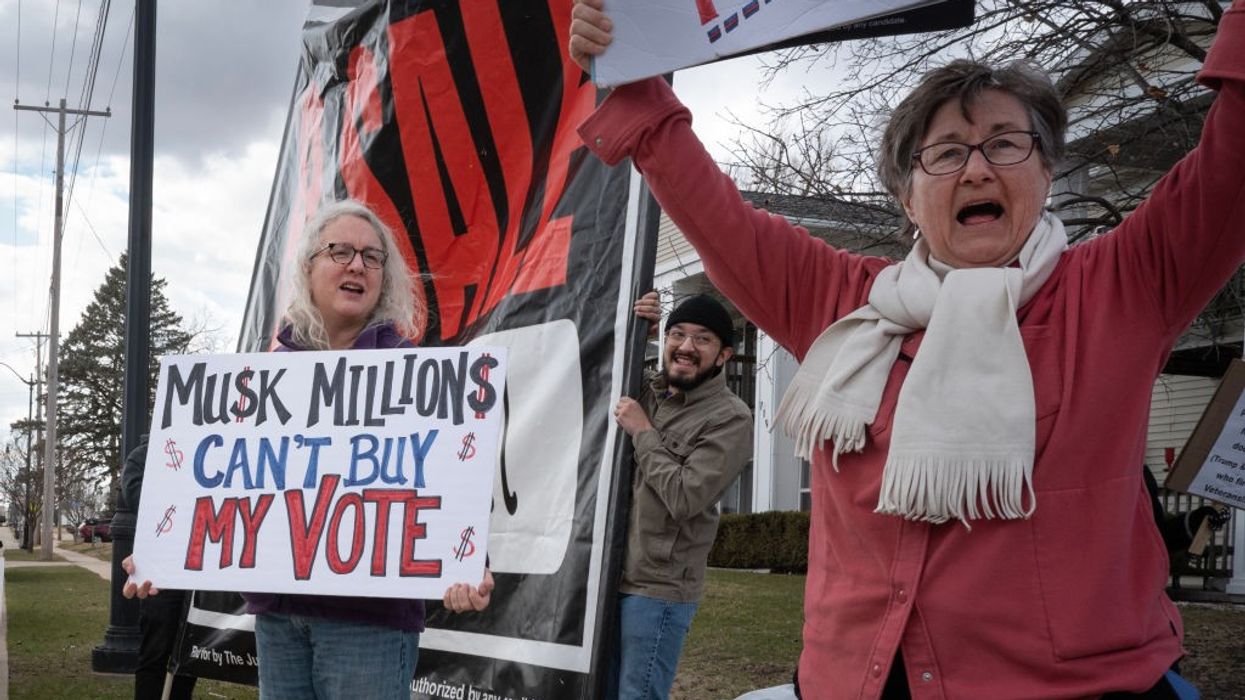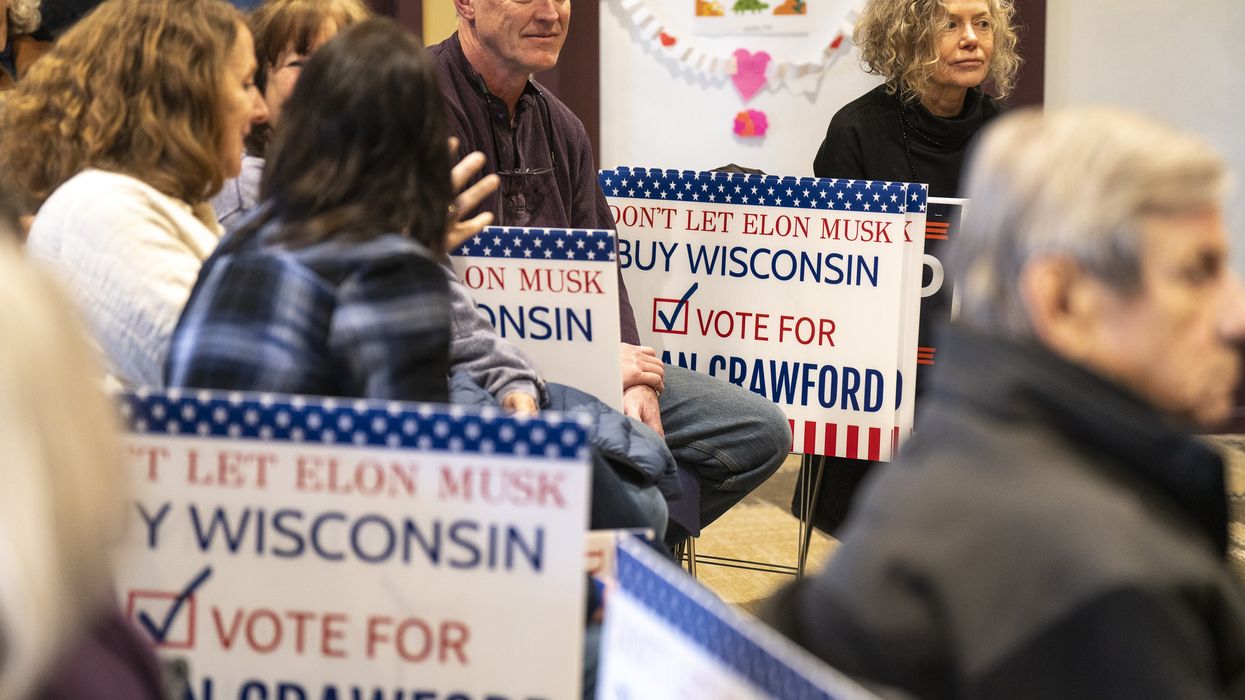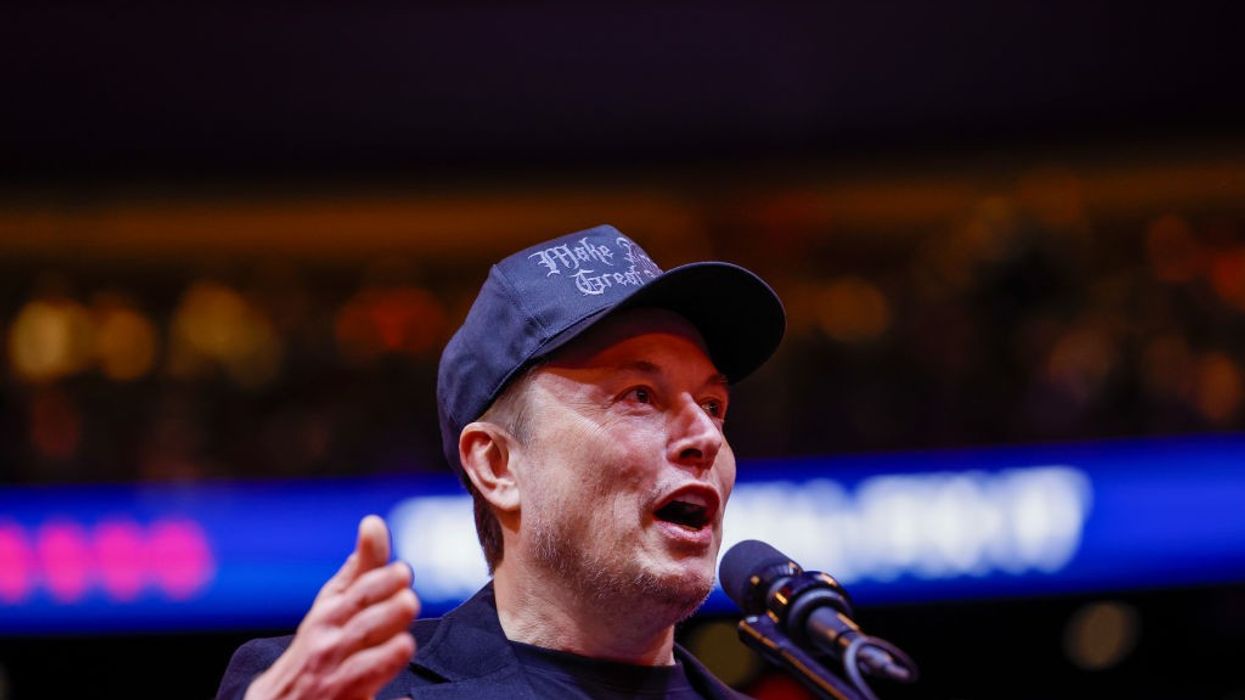"In connection with their scheme, [Musk and America PAC] are deploying deceptive, vague, or misleading statements that create a likelihood of confusion or misunderstanding," the filing states. "For example, they have not published a complete set of lottery rules or shown how they are protecting the privacy of participants' personal information. Also, though Musk says that a winner's selection is 'random,' that appears false because multiple winners that have been selected are individuals who have shown up at Trump rallies in Pennsylvania."
"Running an illegal lottery and violating consumer protections is ample basis for an injunction and concluding that America PAC and Musk must be stopped, immediately, before the upcoming presidential election on November 5," the lawsuit continues. "That is because America PAC and Musk hatched their illegal lottery scheme to influence voters in that election."
Announced during a pro-Trump campaign rally in Pennsylvania on October 19, the lottery involves a million-dollar gift each day to a registered voter from a battleground state who has signed America PAC's petition in support of the First and Second Amendments. Nine million-dollar checks have been handed out so far, four of which went to Pennsylvania voters, the PAC's website shows.
Election law experts have said from its inception that the scheme is clearly illegal because only registered voters from select battleground states are eligible for the prize—effectively making it a monetary incentive to register to vote. Federal law states that anyone who "pays or offers to pay or accepts payment either for registration to vote or for voting shall be fined not more than $10,000 or imprisoned not more than five years, or both."
"This civil action neither precludes nor requires potential future action under Pennsylvania criminal law."
In a statement, Krasner's office said that "the Philadelphia district attorney is charged with protecting the public from public nuisances and unfair trade practices, including illegal lotteries."
"The DA is also charged with protecting the public from interference with the integrity of elections," the statement added. "Today, the Philadelphia DA filed a civil legal action under Pennsylvania law. This civil action neither precludes nor requires potential future action under Pennsylvania criminal law. The Philadelphia DA will litigate the factual allegations and legal arguments that underlie today’s filing on the record and in court."
Krasner's lawsuit is the first legal action taken over the lottery scheme, according to The Philadelphia Inquirer.
Last week, as Common Dreams reported, the consumer advocacy group Public Citizen filed a formal complaint with the Federal Election Commission (FEC) arguing that the million-dollar reward scheme "appears to constitute payment to encourage voter registration and to influence votes."
Musk has spent at least $118 million during the current election cycle to support Trump's bid for a second White House term, federal filings show.
In a report released two days before the group submitted its FEC complaint, Public Citizen made the case that Musk's efforts to influence the 2024 presidential election likely stems at least in part from his "self-serving desire to thwart the numerous civil and criminal investigations into his businesses."
The group observed that Tesla, X, and SpaceX are each either under investigation or facing accusations of illegal conduct from the U.S. Department of Justice, the National Labor Relations Board, the Federal Aviation Administration, and other federal agencies.
"Elon Musk isn't running for office in 2024," Public Citizen said. "But Musk himself may still be the main beneficiary of his own political spending."




